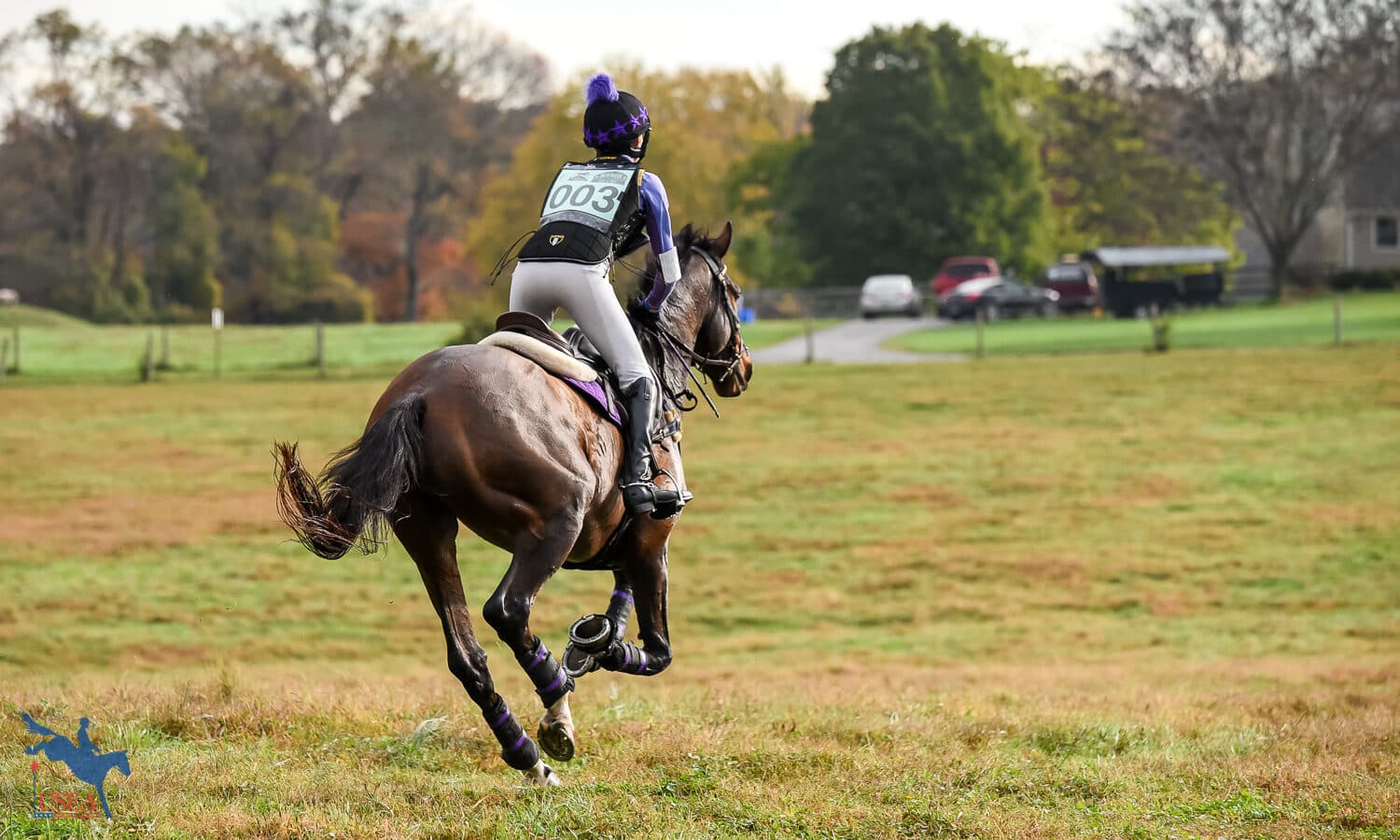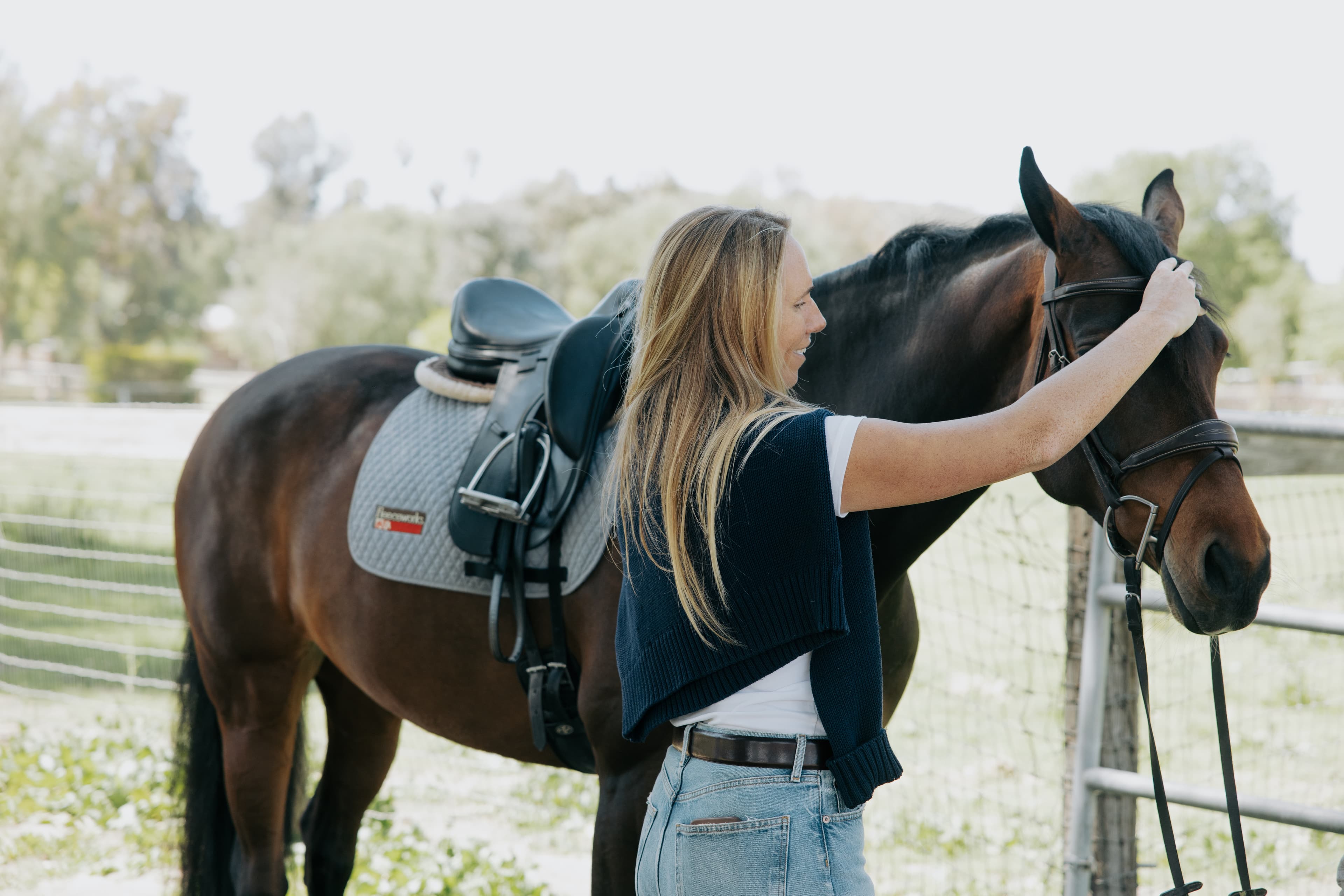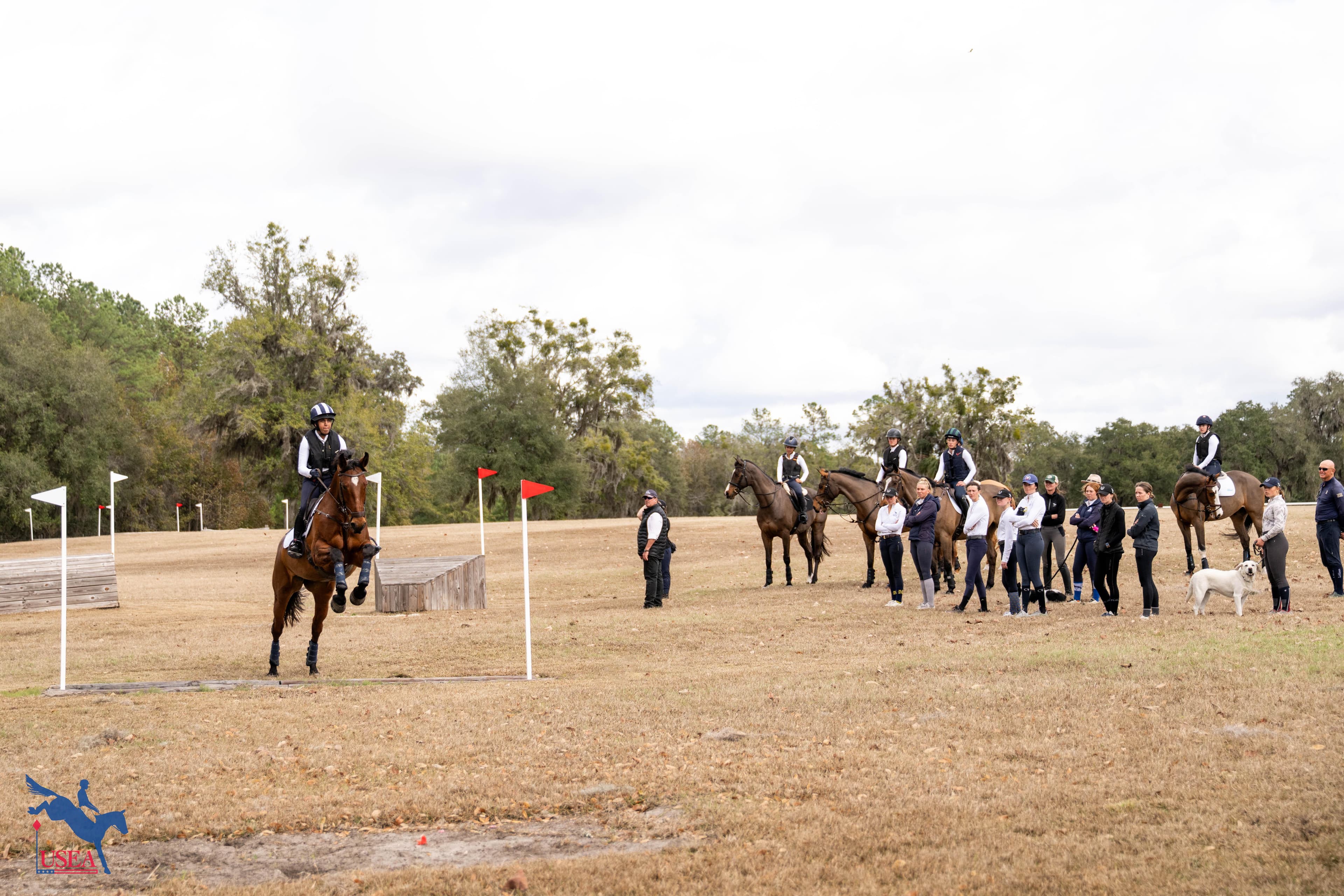Daniel Stewart's Tip of the Month: Riding Rehearsals

While practice may not necessarily always make you perfect, you can probably agree that it’s definitely worth the effort. The good news is that, in the hectic lives of riders, not all practice needs to be physical. In fact, while nothing can replace hard work and dedication in the arena, research has shown that a little mental rehearsal can have a really positive impact on your physical riding.
While you probably already visualize your dressage test, show jumping, and cross-country courses prior to riding, there are three other mental rehearsal techniques that you might want to consider adding to your pre-ride routine. Collectively, these techniques are called riding rehearsals and each one of them is unique because of something called perspective.
- External Perspective: Visualize yourself as if looking at yourself for above or beside (i.e. like from a drone or watching yourself on TV)
- Internal Perspective: Visualize yourself as if seeing your ride from out of your own eyes (i.e. imagine seeing each jump as it approaches)
- Partner Perspective: Visualize your ride as if seeing it out of the eyes of your horse (what must he be thinking when you point him towards a four-foot wooden squirrel!)
While each technique is effective on its own, they’re often best when used together. For example, memorize your jump course by visualizing it from a drone (external); plan your approaches by “seeing” the approach angle to each fence (internal); and visualize adding an extra half-halt before each fence because your horse might struggle with the footing (partner). When you combine all three perspectives in this manner, you create something called mental rotation. Like watching a movie filmed from several different camera angles, mental rotation creates a much more vivid and memorable form of riding rehearsal.
As if this weren’t enough, there’s yet another technique that can make your riding rehearsals even stronger, and that’s by changing them from mental imagery into something called motor imagery. You can do this by simply moving your body in a way that matches what you are visualizing. For example, while visualizing your dressage test, close your eyes and stand or sit as if actually riding (bouncing slightly as if mimicking the sitting trot, performing an actual halt-and-salute at the imaginary X, and opening your inside shoulder as you track left at C).
The reason motor imagery is so highly recommended is because it has been proven to actually lead to muscle memory, meaning that moving while visualizing your ride can make you a better rider!
I hope you enjoyed this month’s tip and that you’ll give it a try. Next month I’ll share even more helpful information about making riding rehearsals a part of your pre-ride program. Until then, email me at [email protected] if you’d like me to teach a Zoom webinar on equestrian sports psychology to your barn, school, or association during the winter holiday!














